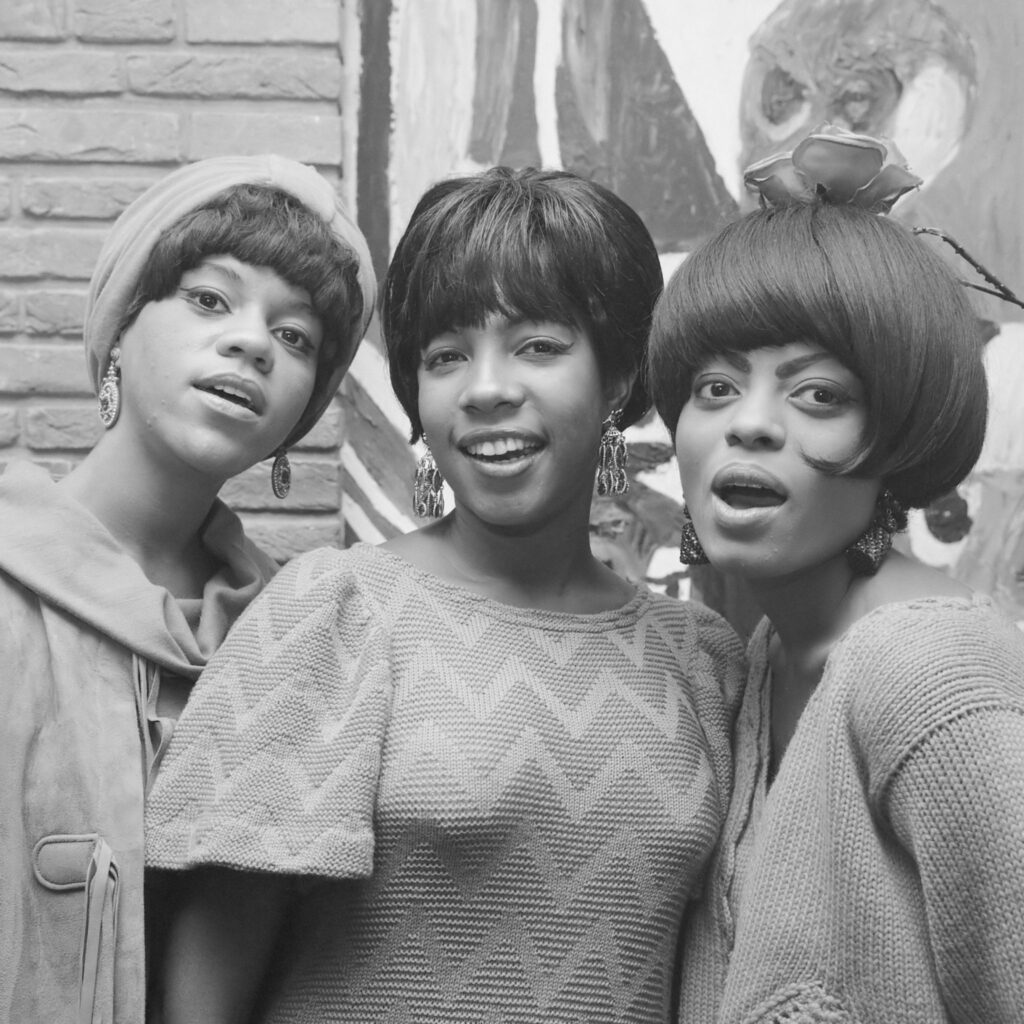There were a lot of songs released in 1966 that we still hear every day on the radio. Indeed, it’s a hall of fame type thing: Simon and Garfunkel (“Sounds of Silence”), The Beatles (“We Can Work It Out” and “Paperback Writer”), The Rolling Stones (“Paint It Black”), Percy Sledge (“When a Man Loves a Woman”), The Monkees (“I’m a Believer”) and on and on.

The Supremes
September was a representative month in that superb year for pop music. The top song at the beginning of the month was “Summer in the City” (The Lovin’ Spoonful). Other big songs were “Sunshine Superman” (Donovan) and “Cherish” (The Association).
But September was won by The Supremes by taking two of the four weeks with “You Can’t Hurry Love.” The story of the band is absolutely fascinating. Wikipedia, the source for everything anyone needs to know about anything, does its usual great job of tracing the rise, the triumph and the inevitable fall of the group.
As often is the case, the early days are the most interesting and least depressing. What stands out is how many names from the early days became stars. The Supremes started as The Primettes in the Brewster-Douglass public housing project in Detroit. The original members – junior high schoolers at the time – were Diana (then known as Diane) Ross, Florence Ballard, Mary Wilson and Betty McGlown. Ballard met Eddie Kendricks and Paul Wilson, who were in a group called The Primes. The manager of that group decided to form a sister group, hence the odd name “Primettes.” Kendricks and Wilson later formed The Temptations.
Another famous name to pop up early in what obviously was a hotbed of music is Smokey Robinson. He was a neighbor of Ross’s growing up and helped The Primettes get an audition with Motown’s Berry Gordy. Gordy urged the girls to come back after they graduated from high school. Robinson did okay: He got permission to hire The Primettes’ guitarist, Marvin Tarplin, for The Miracles.
The Primettes wanted desperately to succeed and began hanging around Hitsville, USA, the Motown studio. The girls appeared as background vocalists and even hand clappers on records by Mary Wells, Mavin Gaye and others. The girls formed their own label and released a single, though it didn’t “chart.”
The story goes on. The group initially was unsuccessful. The name was changed (Ballard chose The Supremes from a list provided by Gordy; Ross initially felt it was too masculine). Eventually, the song writing team of Lamont Dozier and Brian and Eddie Holland – known as Holland-Dozier-Holland – was assigned to the band. Success and troubles ensued.
It’s a great story. Like most of them, it is a bit sad. Ballard abused alcohol, was fired and died young. Tastes changed. Ross left the group and was replaced. It’s a cliche, but I wonder if the surviving members would like to back at Brewster-Douglass.
Above is “You Can’t Hurry Love” and below is “Come See About Me.”

